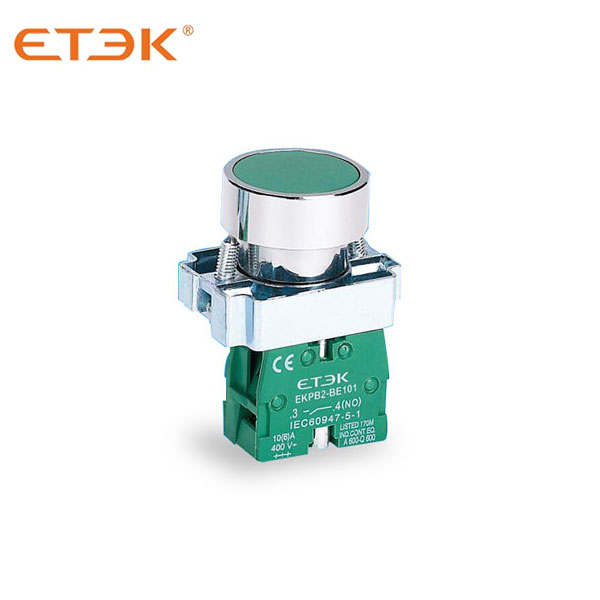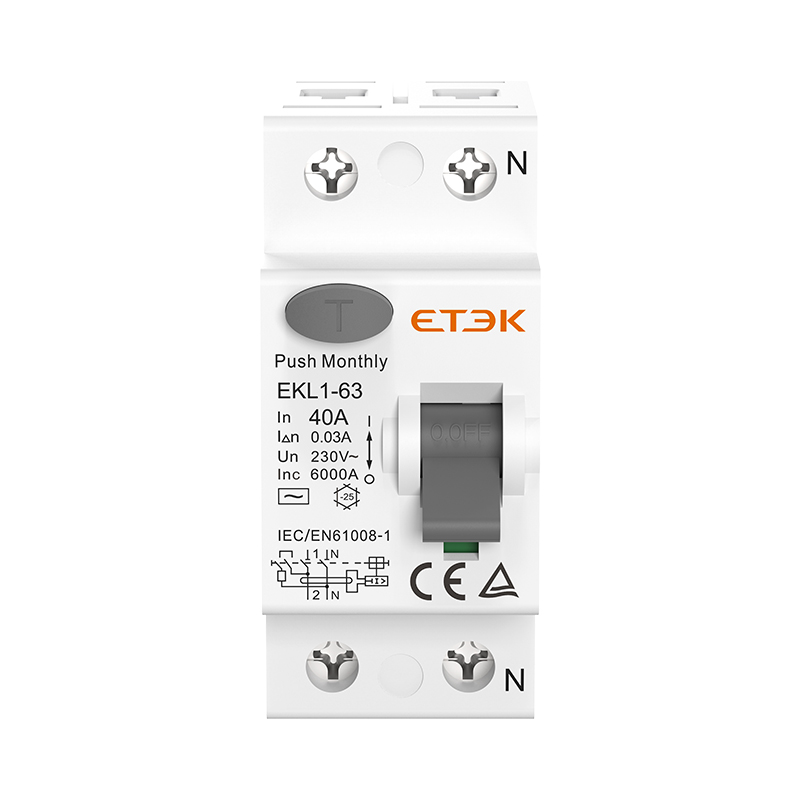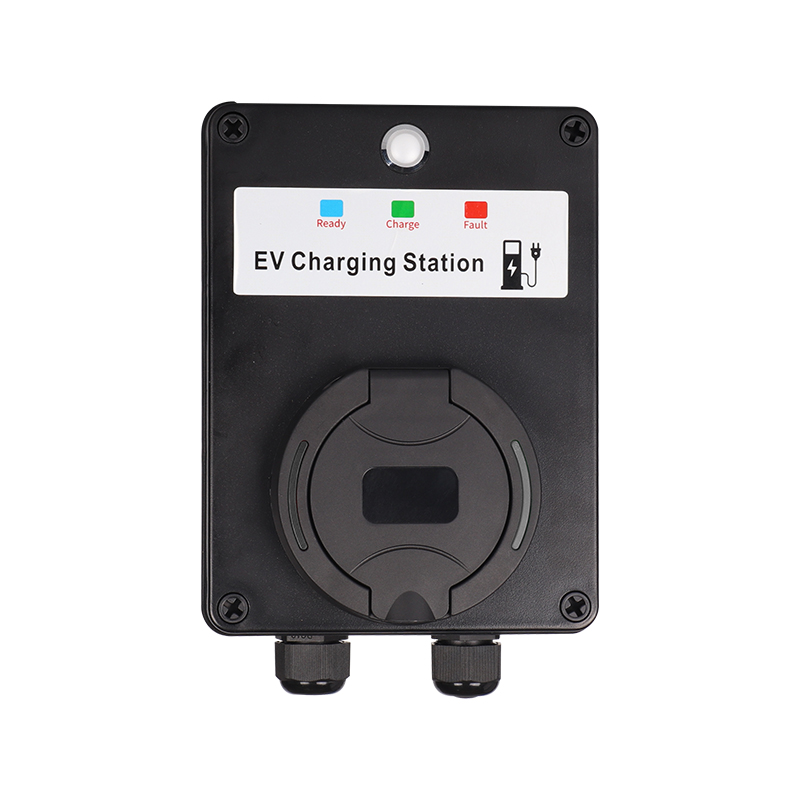What is the importance of contactor in electrical?
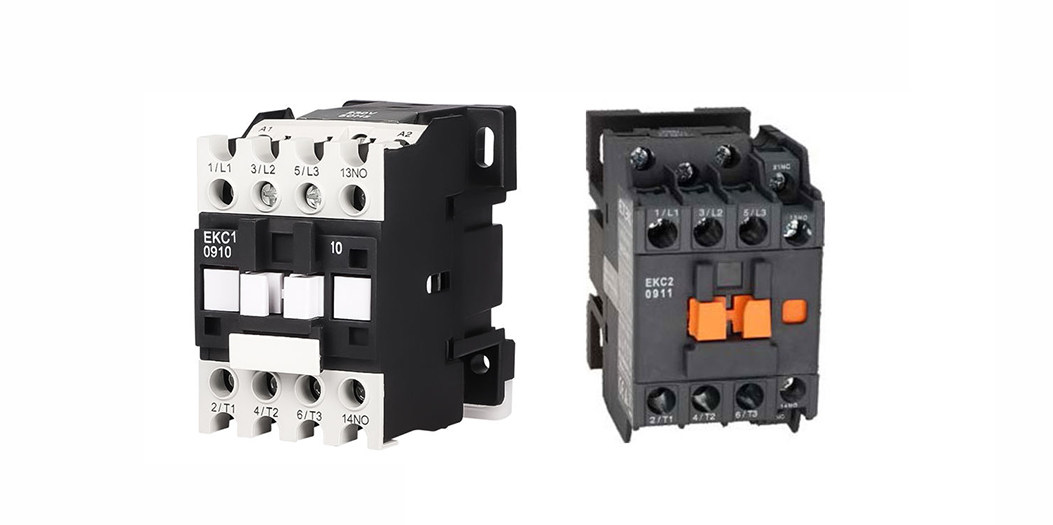
Contactors play a vital role in electrical systems and are used in a wide variety of industries including manufacturing, HVAC (heating, ventilation and air conditioning), automation and commercial buildings.
1. Switching high electrical loads
Contactors are designed to handle high current and voltage levels, making them suitable for controlling heavy electrical loads.
Examples include electric motors, lighting circuits, heating elements and industrial machinery.
2. Remote control operation
The contactor is usually used in conjunction with the control circuit. The contactor coil is energized through the control circuit, and the main power circuit of the load can be connected or disconnected remotely, which is convenient and safe.
3. Electrical isolation
Contactors provide electrical isolation between control and power circuits. Keeping the low-voltage control circuit separate from the high-voltage power circuit improves operator and control equipment safety.
4. Overload protection
Most contactors are equipped with an overload protection feature that trips the contactor if the current exceeds a predetermined threshold, thereby protecting the load from damage due to excessive current.
5. Long service life and high reliability
Designed to handle high inrush currents, voltage fluctuations and mechanical wear, the contactors are able to withstand frequent switching operations, ensuring their longevity and reliability in industrial and commercial applications.
6. Modularity and scalability
Contactors are often modular in design, and additional contact blocks or auxiliary contacts can be added to the contactor to accommodate more control signals or provide additional functionality, allowing easy replacement and expansion of the electrical system.
Overall
Contactors are critical components in electrical systems that provide reliable and efficient control of high power loads while ensuring safety, remote operation and overload protection.



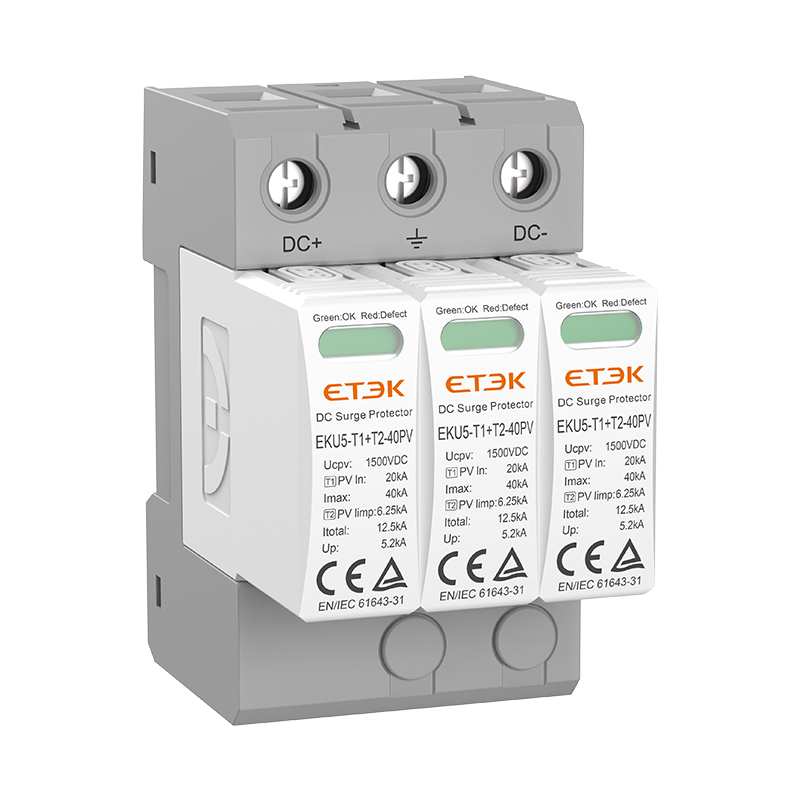
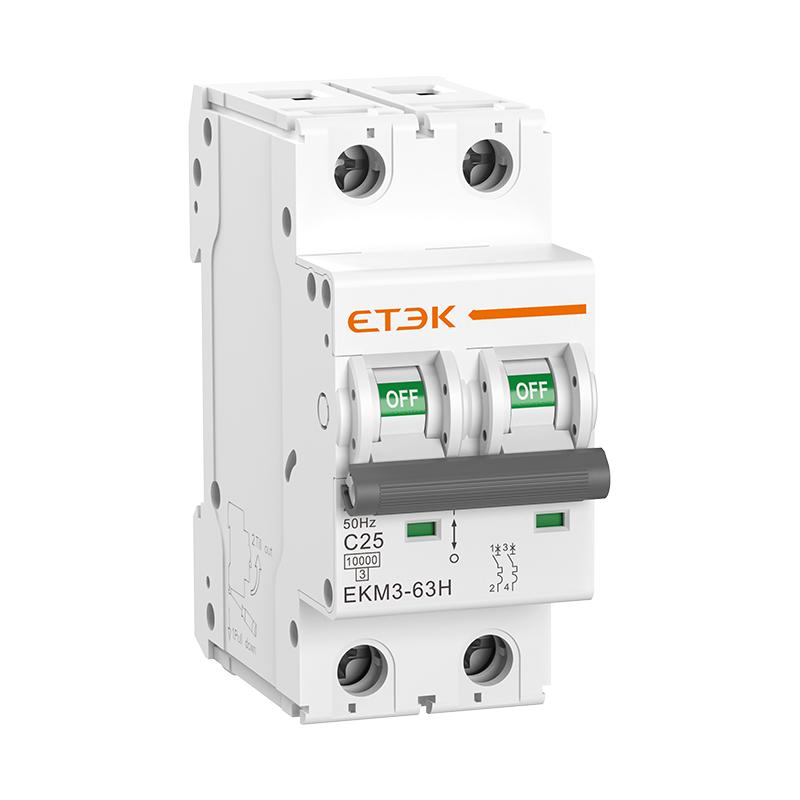
.jpg)
